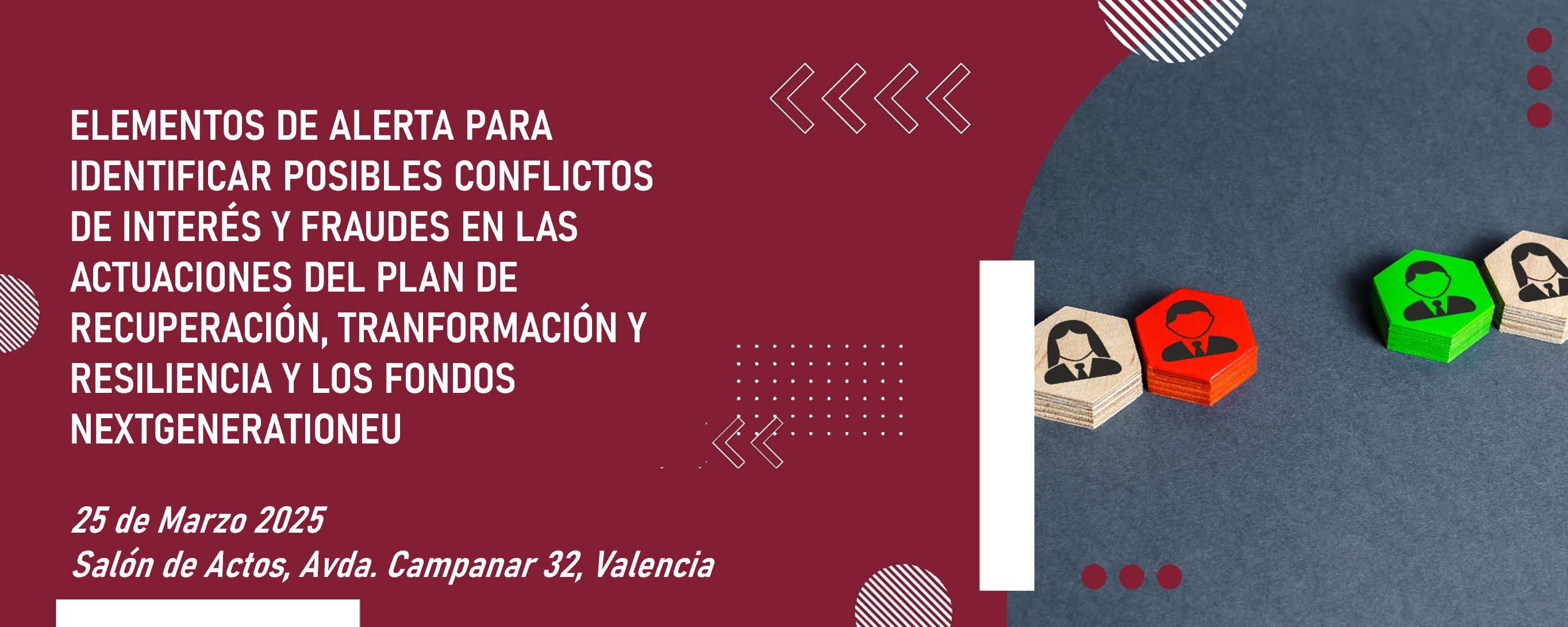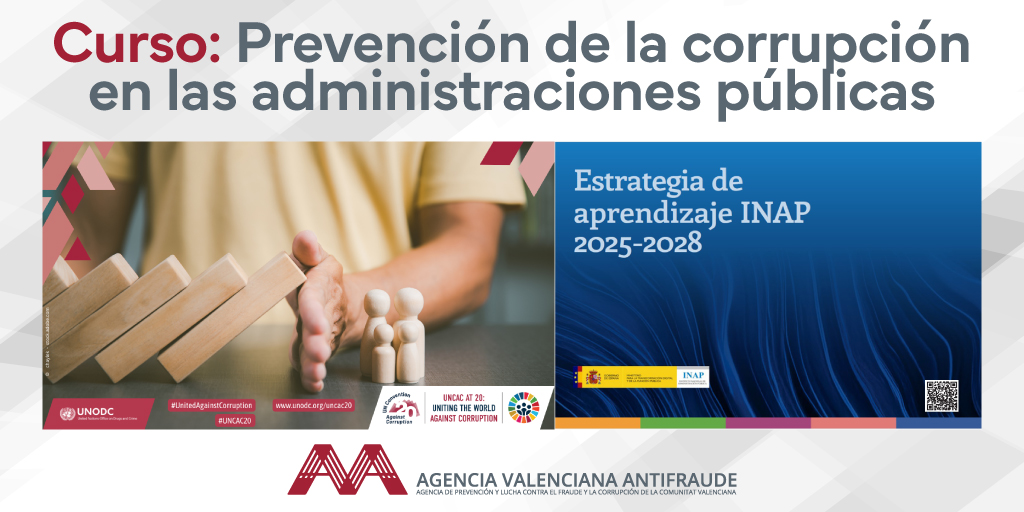The IES Joan Fuster in Sueca reflects on integrity and public ethics with #DocuforumAVAF
Sueca, 28 march 2025.- The students of the optional subject Legal and Democratic Culture of the first year of Baccalaureate of the IES Joan Fuster de Sueca have participated in a new edition of the #DocuforumAVAF activity, promoted by the Valencian Anti-Fraud Agency.
Thanks to the collaboration of Professor Valentina Inglada, Pilar Moreno, technician of the AVAF Training Area, visited the capital of the Ribera Baja to share with the students the origin, functions and work of the Agency in the prevention and fight against fraud and corruption in the Valencian Community. During the session, reflection on the importance of ethics and integrity in public management was encouraged.
Through #DocuforumAVAF, the Valencian Anti-Fraud Agency brings its work in promoting public ethics and the protection of whistleblowers to schools, institutes and universities throughout the Valencian Community.
If you are a Baccalaureate, 4th year of ESO or university teacher in the Valencian Community and you want to bring this activity to your classroom, contact us at formacion@antifraucv.es




